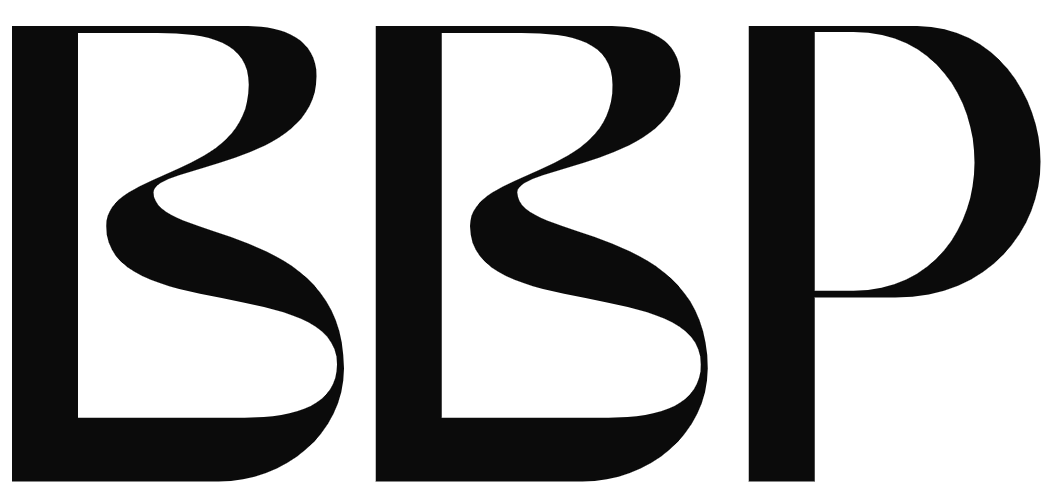Title: Can AI Edit and Proofread Your Book for You? The Promise and Limitations of Automated Editing
Introduction
The writing process is a labor of love, but it doesn't end with the last word typed. After hours of crafting and fine-tuning your book, it's time for the crucial stages of editing and proofreading. With the rise of AI technology, you might be wondering: Can AI edit and proofread your book for you? In this blog post, we'll delve into the promises and limitations of automated editing, exploring whether AI can truly be your literary companion in the quest for error-free prose.
**The AI Editing Revolution**
Artificial intelligence has made remarkable advancements in language processing, with algorithms and tools designed to assist writers in editing and proofreading. These AI-driven systems, like the one you're reading from, can quickly analyze text, identify grammar and spelling issues, and even offer suggestions to improve readability.
**The Advantages of AI Editing and Proofreading**
AI editing tools offer several advantages:
1. **Speed and Efficiency:** AI can scan your manuscript rapidly, catching errors and inconsistencies that might be missed in a manual review.
2. **Consistency:** AI tools maintain consistency in grammar and style throughout your book, which is challenging for humans to achieve in long texts.
3. **Availability:** AI is available 24/7, making it a reliable proofreading partner anytime you need it.
4. **Cost-Effective:** While many AI tools are subscription-based or require a fee, they can be more cost-effective than hiring professional human editors.
**The Limitations of AI Editing and Proofreading**
Despite the advancements in AI, it has its limitations:
1. **Lack of Contextual Understanding:** AI tools lack a true understanding of context, and they may misinterpret meaning or make suggestions that don't fit the intended tone or style.
2. **Complex Edits:** For complex writing, such as fiction or creative non-fiction, AI struggles to make suggestions related to plot, character development, or narrative flow.
3. **Missed Nuances:** AI can miss subtleties, idiomatic expressions, or wordplay that a human editor would understand.
4. **Overreliance:** Relying solely on AI editing can lead to a lack of human oversight, potentially missing errors that only a trained human eye would catch.
**A Symbiotic Relationship: AI and Human Editors**
While AI editing tools offer valuable assistance, they are best used in conjunction with human editing and proofreading. Combining AI's speed and efficiency with human expertise in context and creativity can yield the best results. Human editors can provide the finishing touches, addressing nuanced issues, preserving authorial style, and making in-depth structural suggestions.
**Conclusion: The Future of Editing**
Can AI edit and proofread your book? Yes, it can be a valuable part of the editing process, offering speed and efficiency. However, it's not a replacement for the critical human touch in the final editing stages. The future likely holds greater synergy between AI and human editing, where technology assists human editors and enhances the quality and consistency of the final manuscript. For now, the best practice is to embrace AI as a helpful tool while acknowledging that the human editor remains an indispensable partner in the journey to produce polished, error-free, and truly exceptional books.
Publishing Blog
PRODUCTION
PUBLISHING
PROMOTION
PROFIT
